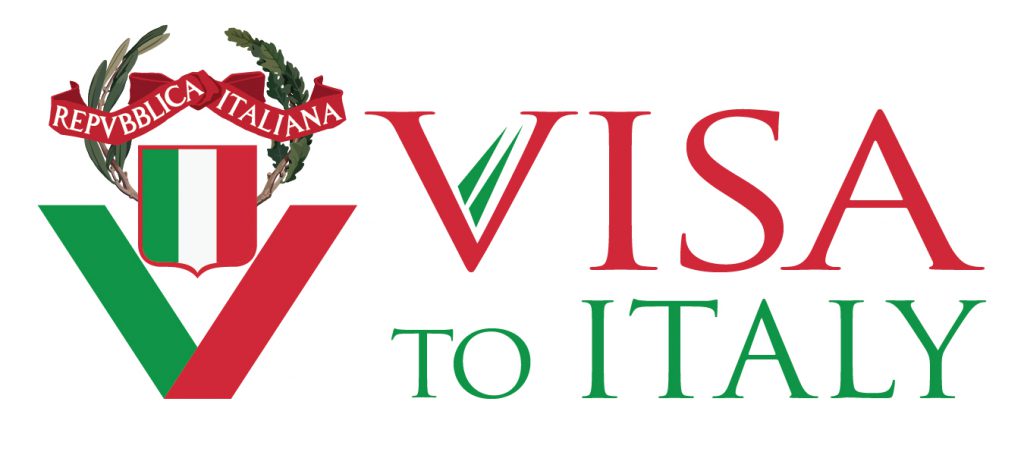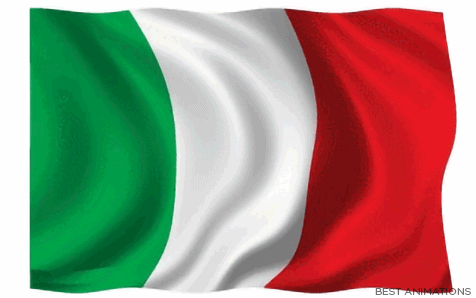Student Visa
Foreign nationals who want to study in Italy for a period longer than three months, may have to apply for an Italy Student Visa.
Whether or not you need a visa depends on your nationality. In addition to the visa, you will also need an Italian residence permit. An Italy student visa is a type of Italian long-stay visa (also known as a national or D-visa). It is the Italy visa you must apply for if you want to stay in Italy for longer than 90 days.
The student visa for Italy is only an entrance visa. This means it grants you the right to enter Italy, but if you want to legally stay and study in Italy for longer than three months, you also have to apply for an Italian residence permit.
You can only apply for an Italian residence permit in Italy. This is why the entrance visa is necessary.

Almost everyone needs a visa to study in Italy for longer than three months. Only nationals from the following countries are exempt from holding an Italian Student Visa to enter Italy:
· EU (European Union) countries
America Who we are info@VisaToItaly.com
Canada Why choose us Phone number …
Malta
Australia
NewZealand
Ireland
Germany
Cyprus
Spain
· Switzerland
· Norway
· Liechtenstein
· Iceland
Still, even the aforementioned countries are required to obtain an Italy residence permit after three months. If you are a national from a country who is exempt from the Schengen visa, and the course lasts less than three months, then you do not need an Italy student visa. However, if the course lasts for longer than three months, then you have to apply for an Italian student visa from your home country.
If you are already in Italy with a Schengen visa, you have to leave the country and apply for a long-stay visa in your home country instead.
Non-EU nationals cannot apply for an Italian residence permit without an Italian long-stay visa
When you apply for an Italian student visa, you must have several documents to support your application. You must also fulfill several conditions, such as already being enrolled in an Italian educational institution.
The requirements for an Italy student visa are: · The Italy Student Visa Application Form.
· Recent passport-size photographs in line with Italian visa picture requirements.
o 35mm x 45mm
o Light, preferably white, background
o Face must take up 70% – 80% of the picture
o Neutral facial expression
· Travel document that is valid for at least three more months after the expiry of your visa and with at least two blank visa pages.
· Photocopies of previous visas.
· Civil status documents, such as birth or marriage certificates.
· Proof of enrollment or pre-enrollment in an Italian university course.
· Police clearances from your home country.
· Proof of accommodation in Italy, such as apartment rental or student housing. · Proof of sufficient financial means.
· Adequate health insurance for Italy which covers medical treatment and hospitalization.
· Certificates of prior education.
· Depending on the language the educational program is in: Proof of knowledge of English or Italian.
· Receipt of paid visa fee.
In the event that the student is a minor, he or she must have a signed document consenting to the travel by both parents or legal guardians.
All documents that are not in Italian or English have to be translated by an authorized translator.
You must apply for the Italian student visa in your home country’s Italian embassy or consulate. In the event that no Italian embassy/consulate operates in your country, you have to apply to whatever location that Italy has outsourced visa submissions to. This could be a Visa Application Center or the embassy/consulate of another Schengen country.
However, you first have to contact them to book an appointment. Afterward, you gather all the required documents and submit them in person on your arranged date.
Make sure to bring the originals of all your documents as well as photocopies and that you have everything.
On the day you apply, you will also enter a visa interview.
Keep the visa processing time in mind when you apply for your visa. It takes around three weeks, sometimes more, for an application to be processed. So, you have to apply:
· At the latest: Two weeks before your planned trip
· At the earliest: Three months before your planned trip
If you have all the necessary documents, and the Italian embassy decides you meet the conditions, you will receive your Italian student visa.
Once you do, you may enter Italy where you have to apply for an Italian residence permit.
Within eight days of entering Italy with a student visa, you must approach your local post office to submit a residence permit (permesso di soggiorno) application. There, you will receive an application kit with the necessary forms. You also need to submit the following documents:
· A copy of your passport, specifically the bio-data page and your visa pages.
· A copy of your health insurance.
· A copy of your acceptance letter to your university.
Your local Italian post office will give you a receipt confirming your residence permit request. Then, you also have to apply at the local Italian Questura (the police headquarters). You have to submit a residence permit request for “Study – University”
With a student visa for Italy, you are only allowed to work part time. Meaning, for a maximum of 20 hours per week and 1,040 hours per year.
In addition, once your studies are finished, you can apply to convert your residence permit from a student one, to a work permit. You can only do this once the Italian immigration system for non-EU foreign workers, the “decreto flussi” is opened.
The Italian study visa is available for a maximum of one year initially, with the possibility of renewal for the duration of your courses.
However, in order for you to have the renew a student visa, you have to pass all your yearly exams at university.
All documents written in a language other than Italian or English should have a translation. Also, international students should check with the Italian embassy for the most updated list of document requirements and fees.

